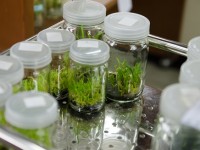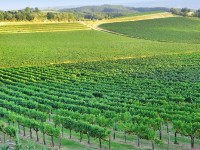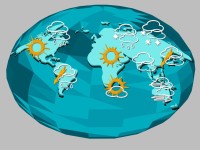What is Archaeology? Simply, archaeology is the study of people in the past, their activities and actions, cultural practices, tools and technological development, and in some cases (where possible) their superstitious and religious practices, expression of their cultural identity and other beliefs about themselves or the world around them (1). It mostly looks at material…
Read more
Archaeology: Examining Its Past and the Future










